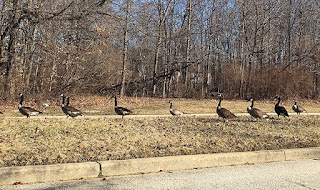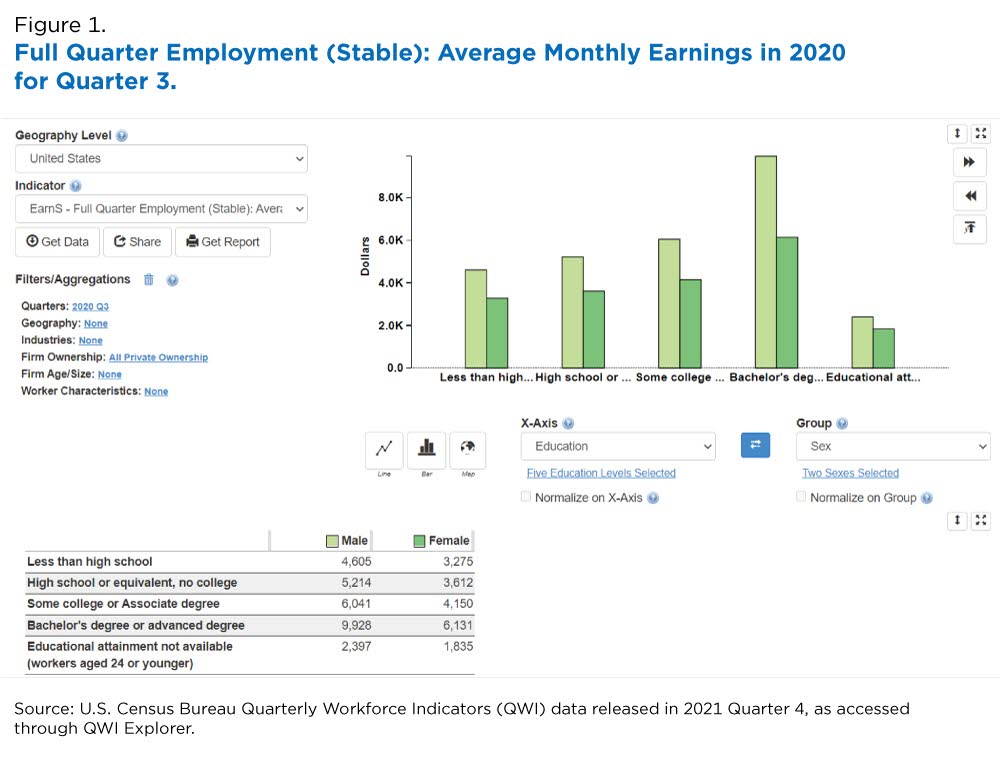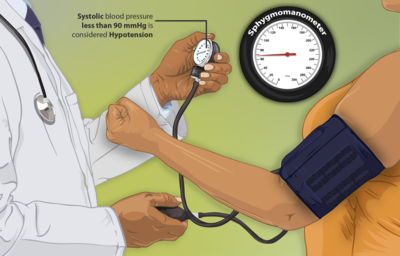Senior Women Web
If You're Looking For A Link To the Mueller Report, Look No Further
Editor's Note:
We're not downloading the entire Mueller report, but here is the Justice Department URL to read the report at:
Report On the Investigation Into Russian Interference In The 2016 Election, Vol I and II; Special Counsel Robert S. Mueller, III
https://www.justice.gov/storage/report.pdf?_ga=2.80421777.744576135.1555603755-461170982.1555603755
Mueller received the following military awards and decorations:
 |
 |
 |
 |
||||
 Ferida's Wolff's Backyard: Geese Coming Home
Ferida's Wolff's Backyard: Geese Coming Home
Ferida Wolff writes: Today the temperature was in the high 60s but tomorrow it should be in the 30s. Will the geese be as surprised as I am about the variation in the season? Will they be confused about their decision to come back? As the climate warms up, I wonder if the geese migration will change. Perhaps it is inborn and they will continue in their usual pattern or they may adapt and shift when or if they migrate. Nature is always interesting to observe. Meanwhile, Welcome back geese! more »
 Women Consistently Earn Less Than Men; Women Are Over-represented in Lower Paying Jobs and, As They Age, the Pay Gap Widens Even More
Women Consistently Earn Less Than Men; Women Are Over-represented in Lower Paying Jobs and, As They Age, the Pay Gap Widens Even More
According to the QWI data based on unemployment insurance wage records for the third quarter of 2020 (the most recent national data), women in the United States earned 30% less than men and that pay gap increased with age. Women are over-represented in lower paying jobs and, as they age, the pay gap widens even more. The gender gap has narrowed for younger women as they increase their education level and break into occupations traditionally dominated by men. Although the gender pay gap has narrowed since the signing of the Equal Pay Act of 1963, women earned 82 cents for every dollar a man earns according to 2020 data from the Bureau of Labor Statistics. The gender gap has narrowed for younger women as they increase their education level and break into occupations traditionally dominated by men. While women have a growing presence in higher paying industries like Information or Professional, Scientific, and Technical Services, they are still over-represented in lower paying industries. more »
 Women’s Experiences of Sexual Assault and Harassment Linked With High Blood Pressure
Women’s Experiences of Sexual Assault and Harassment Linked With High Blood Pressure
The NHS II data indicated that experiences of sexual violence were common: about 23% of the women had experienced sexual assault at some point in their life and 12% had experienced workplace sexual harassment. About 6% of women had experienced both. About 21% of the women reported developing high blood pressure over the follow-up period, from 2008 to 2015. Compared with women who had never experienced any type of trauma, women who had experienced sexual assault at any point in their lifetime were more likely to develop high blood pressure, as were women who had experienced workplace sexual harassment. Women who had experienced both sexual assault and harassment had the highest risk of developing high blood pressure. more »
 High Inflation and the Outlook for Monetary Policy By Federal Reserve Governor Michelle W. Bowman
High Inflation and the Outlook for Monetary Policy By Federal Reserve Governor Michelle W. Bowman
Federal Reserve Governor Bowman: "Inflation is much too high. Last year I noted that inflationary pressures associated with strong demand and constrained supply could take longer to subside than many expected. Since then, those problems have persisted and inflation has broadened, reaching the highest rate that Americans have faced in forty years. High inflation is a heavy burden for all Americans, but especially for those with limited means who are forced to pay more for everyday items, delay purchases, or put off saving for the future. I intend to support prompt and decisive action to lower inflation, and today I will explain how the Fed is pursuing this goal." more »







